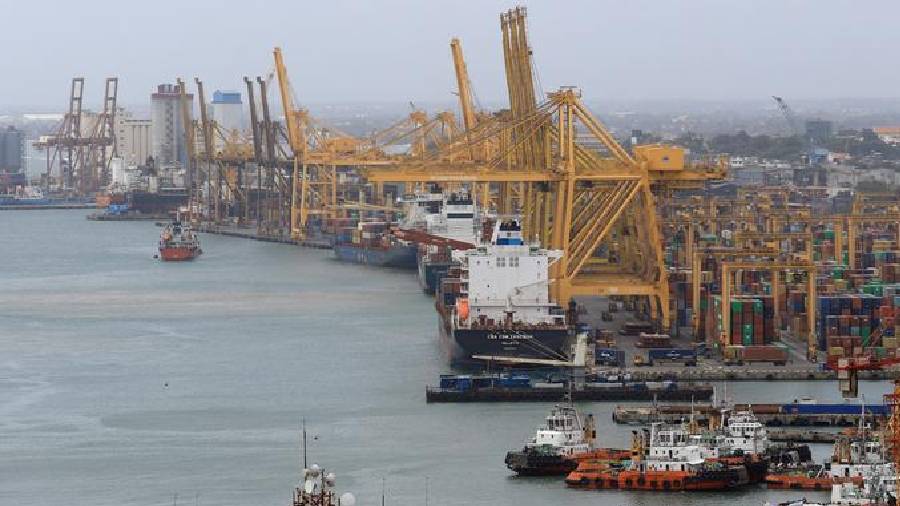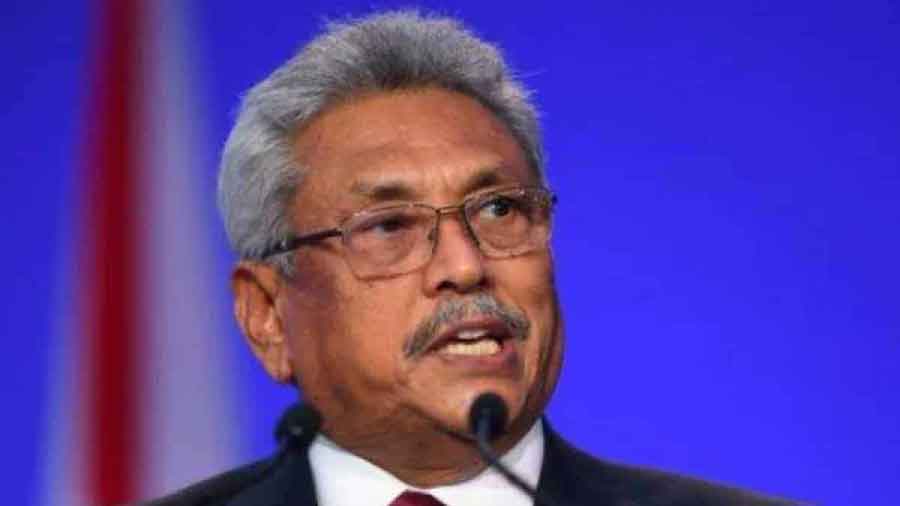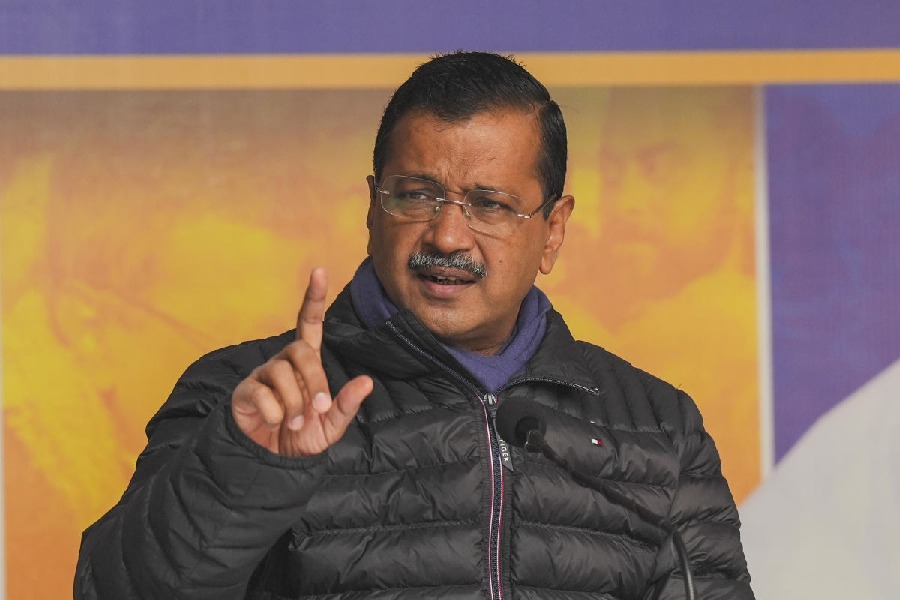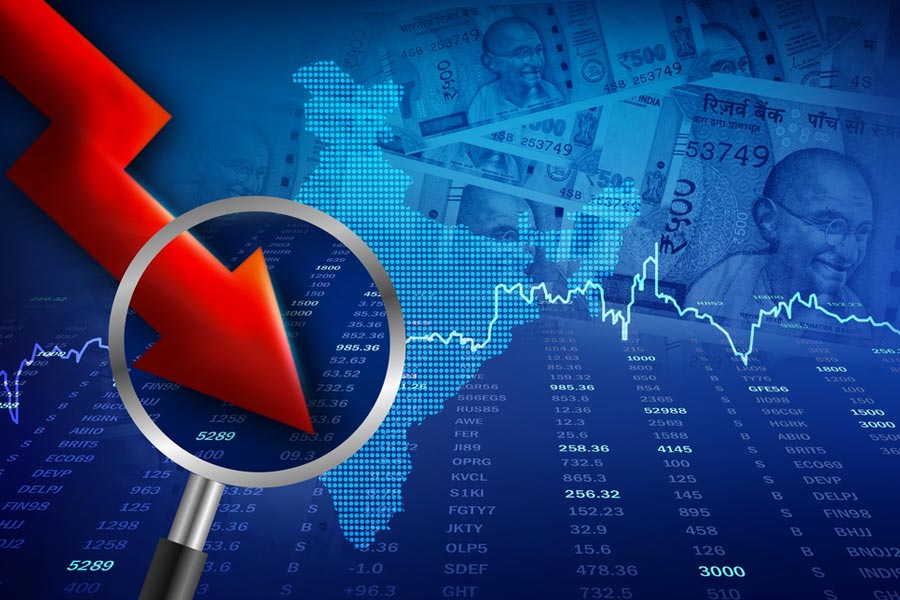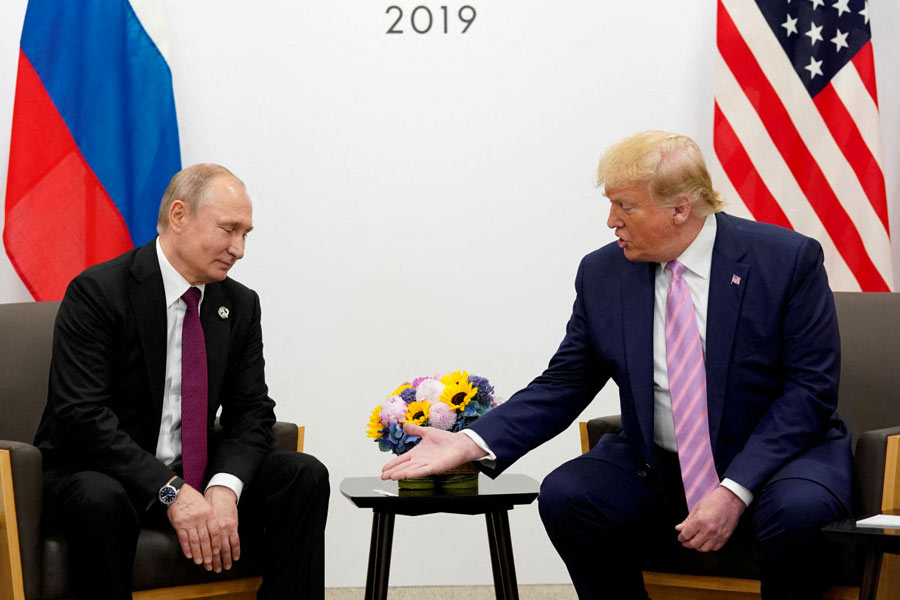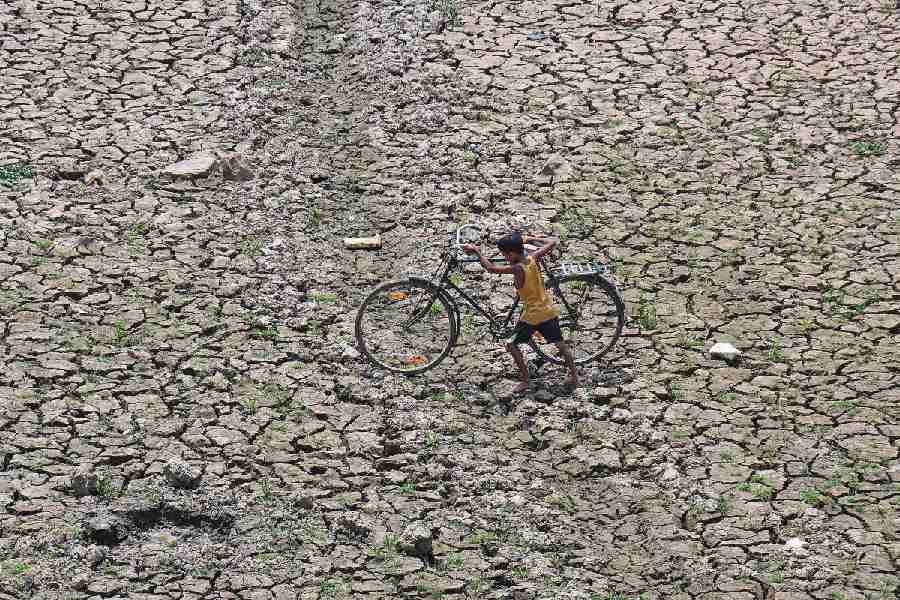As Sri Lanka's political and economic crisis continues to spiral downward, trade with neighboring India is grinding to a halt.
Many Indian exporters are keeping trade suspended over fears that payment from Sri Lankan partners will not arrive as access to capital and loans dries up.
India is Sri Lanka's third-largest trade partner, and one of the largest contributors to foreign direct investment (FDI).
Following months of mass demonstrations, Sri Lankan President Gotabaya Rajapaksa fled the country after protesters stormed the presidential palace, angry over his mishandling of the economy.
Rajapaksa's political ally Ranil Wickremesinghe took office as president on July 21, following a victory in a parliamentary vote. However, there is no end in sight to Sri Lanka's economic woes.
How is trade being interrupted?
"We are nervous about taking fresh orders from Sri Lankan buyers due to mounting default risks. As such, order flows from Colombo have for a good part also decreased," a top sugar exporter from Mumbai told DW on condition of anonymity.
Of the 40-50,000 tons of sugar that Sri Lanka consumes every month, 90% is sourced from India.
Other major Indian exports to Sri Lanka include engineering goods, chemicals, iron and steel, agricultural commodities, fuel, pharmaceuticals, milk powder, onions and grapes.
During the 2021-22 fiscal year, India exported nearly $5.8 billion (€5.71 billion) worth of goods to Sri Lanka. This year, that number is projected to drop.
"Our exports and imports have come to a complete standstill. Exporters are very cautious because of the political crisis and payment issues," said Federation of Indian Export Organisations vice chairman Khalid Khan in India's Economic Times newspaper.
India also relies considerably on the Port of Colombo for global trade, given the port's function as a hub for transferring shipments. India-linked cargo accounts for 70% of the port's total transshipment volume.
Nearly 60% of India's total transshipment cargo and 30% of container traffic is handled by the port.
However, Sri Lanka's crisis is affecting port operations.
In June, thousands of containers sent from India to Sri Lanka were lying uncleared at the port, as the ongoing unrest has slowed the transfer of containers between terminals.
This has included both transshipment cargo and goods for the Sri Lankan market.
India hopes for conclusion to Sri Lankan crisis
Since Sri Lanka occupies an integral spot in India's "Neighborhood First" foreign policy, Delhi is taking steps to help the cash-strapped economy.
Sri Lanka's economic woes are rooted in an ongoing struggle to pay off foreign debt, making it hard to buy goods from abroad and borrow money on international markets. Colombo owes more than $51 billion to foreign lenders, including India, China and Japan.
The country of 22 million people has been suffering persistent shortages of fuel, food and other necessities, having run out of foreign currency to bring in essential imports.
Since late 2021, India has extended financial assistance to Sri Lanka totaling $2.8 billion.
In May 2022, the State Bank of India extended a $1 billion loan to ensure the export of essential goods like raw materials for industry, medicine, fertilizer, food, and textiles.
India has also undertaken a $400 billion Reserve Bank of India (RBI) currency swap and deferred a $500 million loan.
Besides trade, Indian firms operating in Sri Lanka have substantial investments in real estate, manufacturing, and petroleum refining. Leading Indian companies in Sri Lanka include Indian Oil, Airtel, Taj Hotels, Dabur, Ashok Leyland, Tata Communications, Asian Paints, SBI and ICICI Bank.
Mangala Boyagoda, a Sri Lankan fund manager with expertise in banking and treasury management, told DW he is optimistic that the new Sri Lankan government will help grow business confidence.
"Yes, these are tough times … but exports and businesses will begin to pick up. Give it a few months," he said.
"Banks are gradually settling overdue credit debts and the government working out an IMF package is also important, as it will help shore up foreign reserves," he added.
Sri Lanka is progressing on discussions with the IMF on securing an extended funding facility (EFF), while simultaneously preparing for discussions with its external debt creditor to restructure debt.
"The country has to also reduce its trade deficit and recalibrate its import demand as close as possible to the revenue received from exports," former Ceylon Chamber of Commerce chairman Rajendra Theagarajah told DW.
He added that key drivers of foreign currency inflow to Sri Lanka — worker remittances and tourism — have been sluggish in delivering an expected jolt to the economy.
"The message to businesses in Sri Lanka today would be to conserve available resources, expand only where opportunities for export diversification are available and bring back export proceeds through the formal banking system," added Theagarajah.

